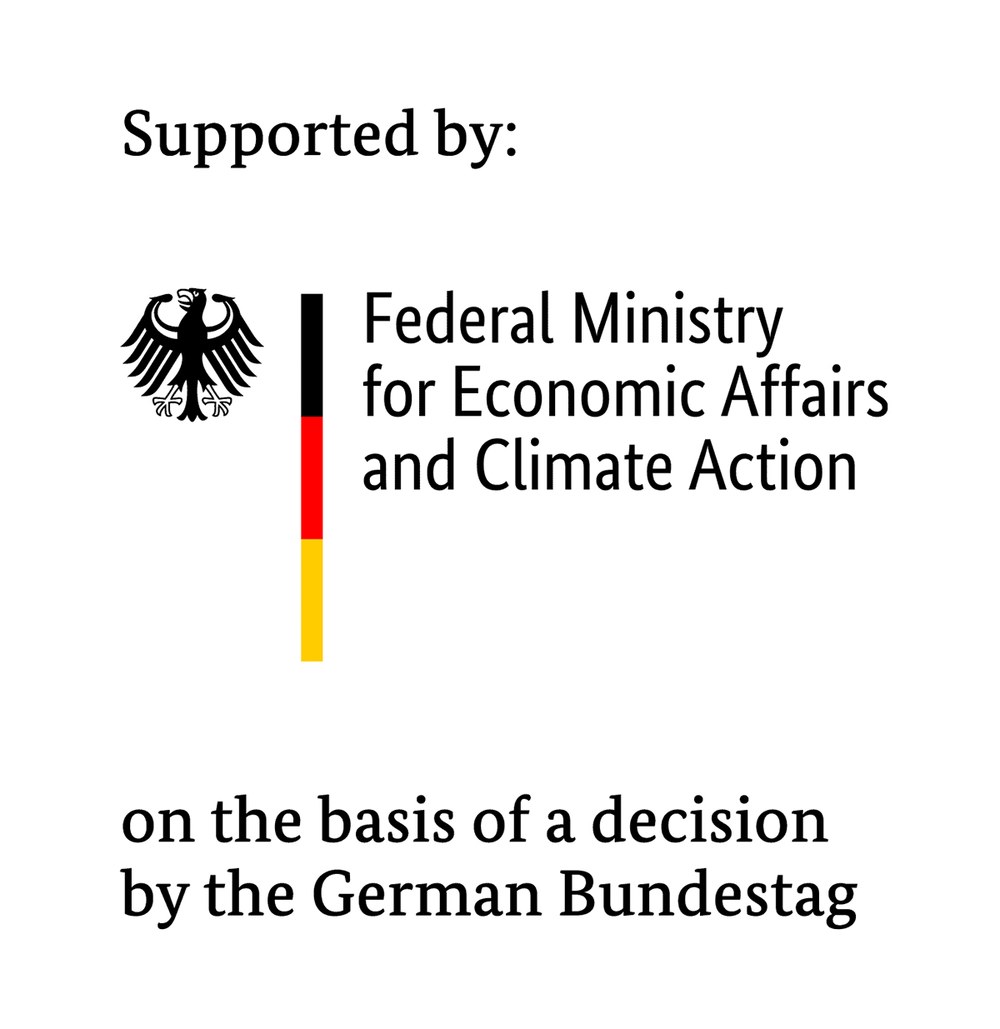Research project EcoCab
Development of sustainable low-energy cabins for the shipbuilding industry
ReDesign, ReFit, RePair, ReUse, ReCycle, ReThink the Cabin – Sustainable ship cabins for a recycling economy in shipbuilding

BMWK
The construction of cruise ships serves a thriving sector of the tourism industry worldwide. Despite numerous developments in battery and hydrogen technologies, fossil fuels remain the primary energy source for propulsion, air conditioning, and electrical power on board. Renewable energies have played a minor role so far, as have aspects of sustainable circular economy in the design of cabins, which accounts for a significant part of the ship. The ReCab research project, funded by the Federal Ministry for Economic Affairs and Climate Action, therefore focuses on climate-neutral energy supply, energy-efficient air conditioning, and innovative concepts for sustainable passenger cabins, whose structure provides the technical basis for later reuse. Thematically, the project builds on the successfully completed predecessor project EcoCab, which was concluded in March 2022.
Research project ReCab | |
|---|---|
Duration | October 2024 to September 2027 |
Funded by | Federal Ministry for Economic Affairs and Climate Action |
Project participants |
|
To reduce resource consumption and environmental impact, the ReCab project first conducts multidimensional assessments. Factors for successful implementation and acceptance of new concepts are identified through social evaluations. Furthermore, the project aims to promote the reuse and recycling of materials to support a circular economy. In addition, it seeks to identify and evaluate potential sustainability benefits arising from the reuse or repurposing of cabins and materials. The project also focuses on further developments towards sustainable and efficient air conditioning. By combining ecological, social, and economic sustainability, the project participants aim to make a significant contribution to the development of more sustainable shipping.
To support the introduction of the new cabin concept and enable long-term CO2-neutral and sustainable operation of cruise ships, the ReCab project team at the Institute of Networked Energy Systems focuses on two fundamental aspects. One primary goal is to establish an emission-free circular economy in cabin construction. The researchers aim to ensure that cabins can be reused or fully recycled after their service life on board, rather than being disposed of.
To achieve this, the DLR conducts a comprehensive technology assessment, focusing on social and ecological sustainability. Methodologically, one challenge lies in closing existing data gaps regarding the end-of-life phase and the utilisation phase of ship cabins. Subsequently, the results of the life cycle assessment and social evaluation are combined with those of the project participants to derive generalisable design principles for sustainable and circularly viable living units on ships.
The second fundamental goal of the DLR researchers is a significant increase in energy efficiency of the cabin. To achieve this, concepts for decentralised air conditioning and the integration of energy related systems need to be developed and tested. Various variants of heat pumps are integrated into the cabin and tested in different scenarios, both in modeling and experimentation. The project team also investigates how the air conditioning demand can be reduced through further measures. For this purpose, the DLR will examine the use of intelligent glazing in the cruise sector to actively regulate air conditioning through adaptive shading. This not only optimises energy consumption but also increases passenger comfort.
